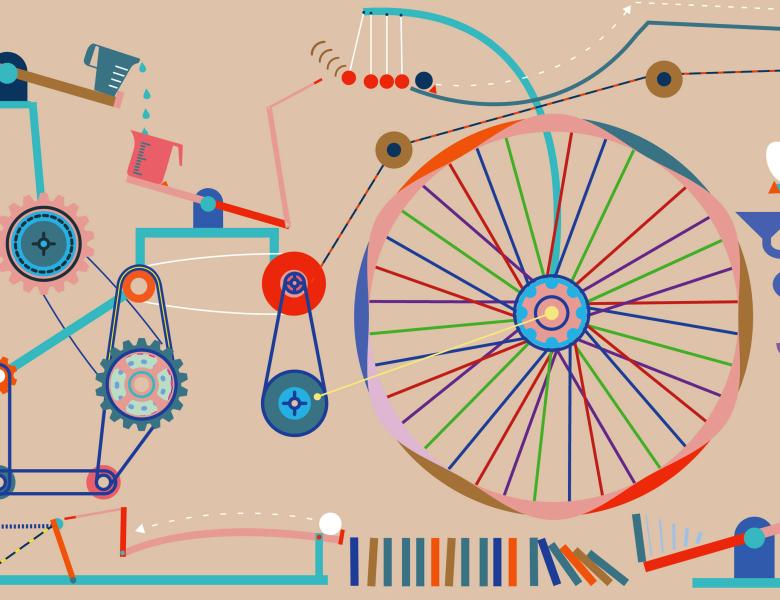
Abstract
Self-testing usually refers to the task of taking a given set of observed correlations that are assumed to arise via a process that is accurately described by quantum theory, and trying to infer the quantum state and measurements from this. In other words, it is concerned with the question of whether we can tell what quantum black-box devices are doing by looking only at their input-output statistics and is known to be possible in several cases. In this talk, I will introduce a more general question: is it possible to self-test a theory, and, in particular, quantum theory? More precisely, I will ask whether within a particular network there are tasks that can only be performed in theories that have the same correlations as quantum mechanics. I will introduce two candidate tasks, both adaptations of the usual CHSH-Bell-test in a larger network and will show how they can be used to rule out theories. The first one can be used to rule out a variety of theories including the theory of box-world, which is based on a state space that includes PR-boxes. The second one recently allowed us to rule out quantum theory over real Hilbert spaces as incompatible with our experimental observations. Our work goes beyond previous approaches that usually compare different theories according to their properties, often by imposing postulates to recover them. By finding self-tests we design more objective, experimentally verifiable procedures to rule out other theories.


